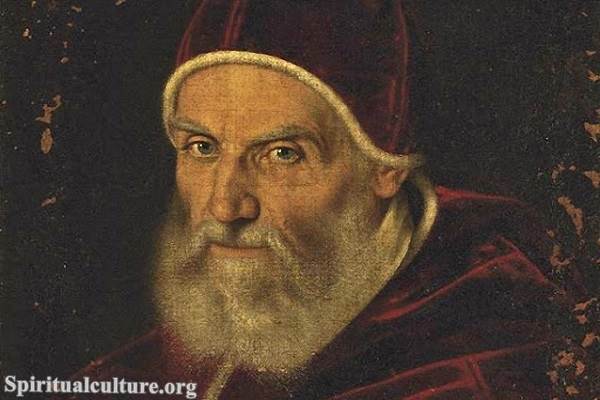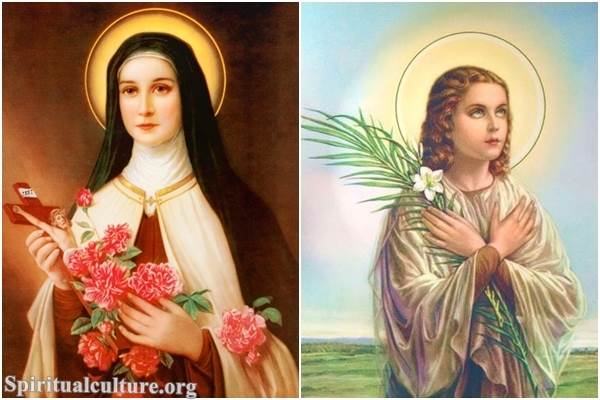Pope Paul VI was one of the most influential figures in Catholicism’s history. He served as the head of the Catholic Church and the sovereign of the Vatican City State from 1963 to 1978. His papacy was marked by significant changes and developments in the Catholic Church, and his influence continues to be felt today.
Early Life and Rise to Papacy
Born Giovanni Battista Montini on September 26, 1897, in Concesio, Italy, Paul VI was ordained a priest in 1920. He spent much of his early career in the Vatican Secretariat of State, where he gained a reputation for his diplomatic skills and deep understanding of the Church’s teachings. When Pope John XXIII died in 1963, Montini was elected as his successor, taking the name Paul VI.
Paul VI and Catholicism
Pope Paul VI’s contributions to Catholicism were profound and far-reaching. He was the first Pope to visit six continents, expanding the Church’s global footprint and making Catholicism more accessible to people around the world. His encyclicals, such as “Humanae Vitae” on birth control and “Populorum Progressio” on development and social justice, tackled controversial issues of his time and shaped the Church’s stance on these matters.
Paul VI was also the Pope who concluded the Second Vatican Council, a seminal event in modern Catholic history. This council, which began under his predecessor John XXIII, aimed to modernize the Church and make it more relevant in the contemporary world. Under Paul VI’s leadership, the council produced documents that revolutionized several aspects of Catholic life, such as the liturgy, ecumenism, and the Church’s relationship with the modern world.
Paul VI and the Catholic Church
Pope Paul VI’s impact on the Catholic Church cannot be overstated. He was a reformer, a diplomat, and a pastor, guiding the Church through one of its most turbulent periods in recent history.
One of his most significant achievements was the implementation of the reforms of the Second Vatican Council. These included the use of vernacular languages in the Mass instead of Latin, greater emphasis on ecumenism, and a new approach to the Church’s engagement with the world. He faced opposition from both conservatives, who thought the changes went too far, and liberals, who believed they did not go far enough. Nevertheless, he persisted, believing that these reforms were necessary for the Church’s survival in a rapidly changing world.
Pope Paul VI also worked tirelessly to promote peace and social justice. He was the first Pope to address the United Nations, where he famously declared, “No more war, war never again!” He also advocated for the rights of the poor and marginalized, and called for economic systems that prioritized human dignity over profit.
Legacy of Pope Paul VI
Pope Paul VI passed away on August 6, 1978, but his legacy lives on. He was beatified by Pope Francis in 2014 and canonized as a saint in 2018. His teachings and reforms continue to shape the Catholic Church today, and his commitment to peace, justice, and dialogue remains an inspiration for Catholics worldwide.
In conclusion, Pope Paul VI was a pivotal figure in the history of Catholicism and the Catholic Church. His papacy was marked by significant changes and challenges, but through it all, he remained steadfast in his commitment to the Gospel and the mission of the Church. His legacy serves as a reminder of the transformative power of faith and the enduring relevance of the Church in the modern world.



